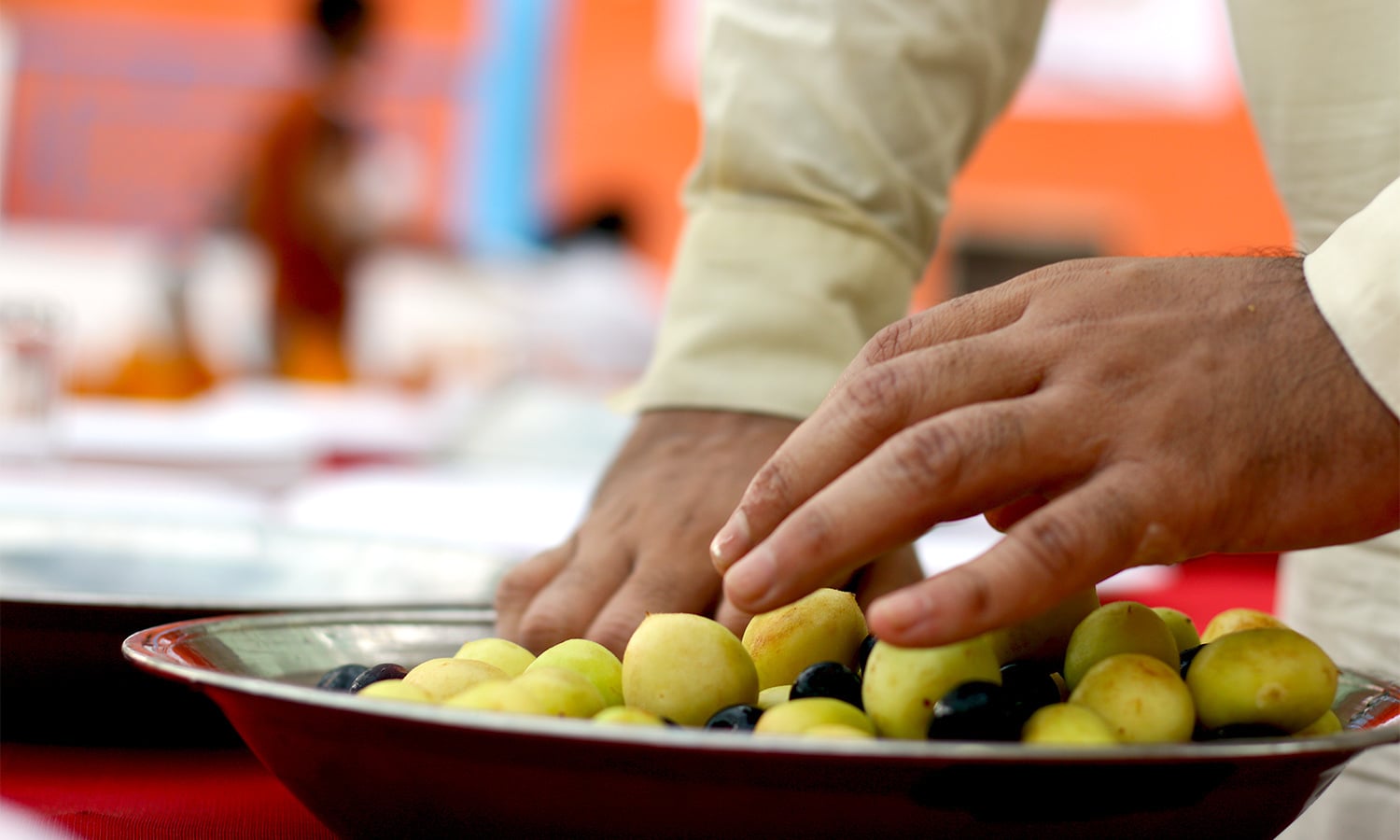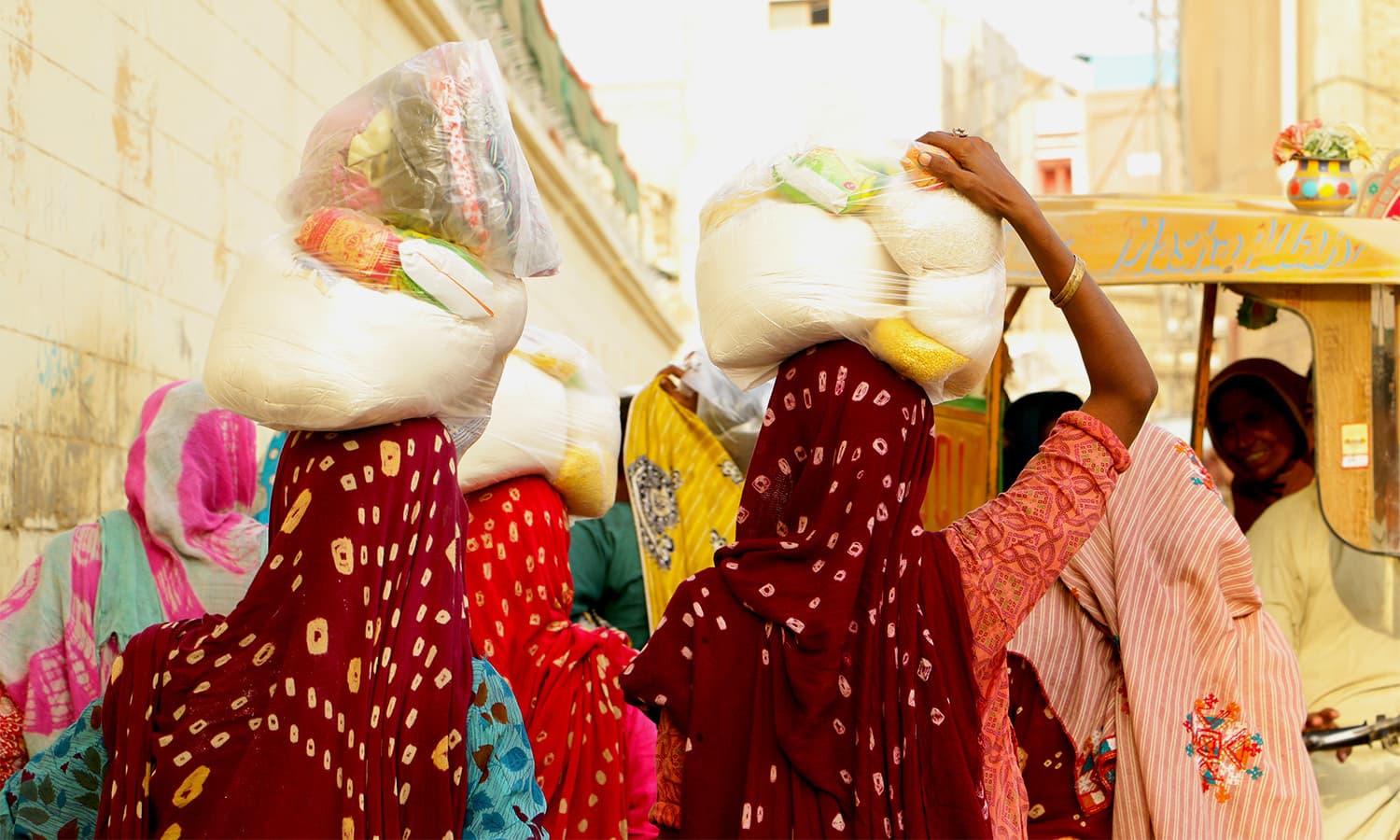How Muslims and Hindus of Tando Adam came together in Ramazan
Fasting through the month of June, Pakistanis across the nation had to deal with a scorching summer, while trying to abstain from all the delicacies they would later enjoy on Eid. Even though the majority of the month went by without incident, the last few days of Ramazan proved a grim prelude to what should be a festive period.
It is no secret that certain elements in Pakistan want to divide Pakistanis based on their caste and creed through spreading fear and vitriol. However, locals in the small city of Tando Adam proved that despite a difference in their beliefs, consideration and understanding of each others cultures and traditions is what Pakistan needs to exist as a diverse society.
Coming together for Iftar, the Hindu and Muslim communities of Tando Adam showed that they can coexist in a multicultural city. The Hindu Panchayat hosted an evening vegetarian Iftar party and distributed Eid gifts and goods to 350 impoverished families.




“This is our home. We are one, we have to respect each other and take care of each other’s beliefs & values,” claimed Raju Baba, a leader of the Hindu community, adding that they have been living this way for centuries, with “peace and pluralism.”
Before the Iftar party women of all ages from low income households gathered to collect Eid gifts being distributed by the Hindu Panchayat and Odero Lal Welfare Organisation. Unable to afford Eid supplies on their own, the women walked away content with food, clothes and shoes for themselves and the family.





The local Hindu community gathered these gifts, fearing that low income families would be unable to celebrate Eid like the rest of the nation. “We collected funds from the Hindu Panchayat and delivered Eid gifts to impoverished Muslim families," said Dileep Kumar Kohistani, an organiser of the Iftar party.
Ghulam Nabi Nizamani from the Social Welfare Department was of the view that religious issues were at a low in Sindh and people were reluctant of these kind of activities due to extremism in Pakistan. However, the reemergence of such events is key for the revival of religious harmony.
At the end of the day the communities were lauded for their efforts of showing a peaceful and harmonious, multicultural society
All photos are by the author.

Manoj Genani is a photographer and cinematographer.





